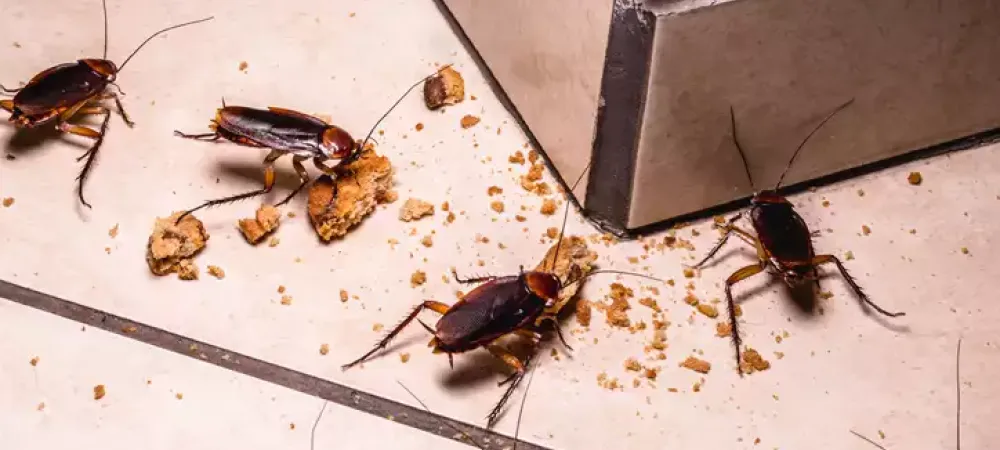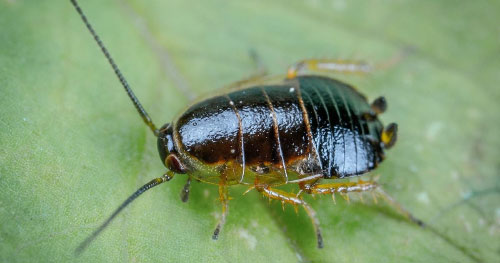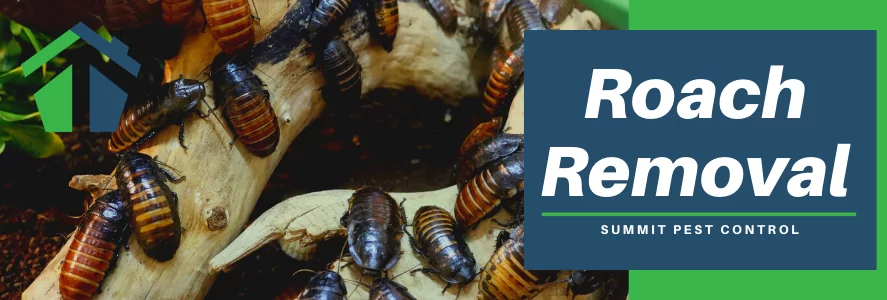Professional Roach Control Near Me: Say Goodbye to Roaches Today
Exploring Various Bug Control Approaches to Attain Long-Term Success in Taking Care Of and Stopping Problems in Residential Locations
Efficient insect control in residential locations demands a diverse strategy that balances prompt results with long-lasting sustainability. What might these advancements require, and how can they change our understanding of insect control?
Recognizing Bug Control Techniques
Although parasites have existed along with people for centuries, the approaches used to control them have actually progressed substantially over time. Comprehending these approaches is critical for effectively taking care of and avoiding problems in suburbs. Pest control strategies can be broadly categorized into 3 primary approaches: cultural, mechanical, and chemical.
Cultural methods focus on altering the atmosphere to decrease bug tourist attraction and breeding. Mechanical control includes physical barriers and traps to manage insects directly, such as screens, vacuums, and sticky traps.
Chemical control remains one of the most extensively utilized methods, including the application of pesticides to eliminate bugs. Integrated Pest Monitoring (IPM) combines these approaches to produce a holistic approach, promoting lasting parasite prevention and very little injury to helpful organisms.
Eco-Friendly Parasite Control Solutions
Exactly how can homeowners successfully manage bug problems while decreasing their environmental influence? Environmentally friendly parasite control remedies offer a sustainable choice to traditional techniques, prioritizing the health of both citizens and the bordering community. These remedies frequently make use of natural components and strategies that disrupt bug actions without presenting damaging chemicals right into the setting.
One effective technique is the use of useful pests, such as ladybugs and lacewings, which victimize usual pests like aphids and mites. In addition, diatomaceous earth, a natural powder made from fossilized algae, can be sprayed in locations where parasites are common, serving as a desiccant that hurts bugs while continuing to be secure for humans and pets.
Additionally, executing safety nets is important. roach control near me. Property owners can make sure correct hygiene by securing access factors, keeping tidy space, and handling waste efficiently. Planting pest-repellent herbs, such as mint and basil, can also discourage undesirable site visitors
Inevitably, environmentally friendly pest control solutions encourage homeowners to address invasions properly, fostering a more secure living setting while advertising eco-friendly balance. By accepting these approaches, people can add to a healthier world while successfully handling pest-related issues.
Chemical Insect Control Options
While green remedies are significantly prominent, there are situations where chemical parasite control alternatives might be required for effective administration of severe problems. Chemical controls, consisting of insecticides, fungicides, and herbicides, are frequently made use of to quickly decrease pest populaces and alleviate damage to homes and gardens.
These products can be identified right into two major categories: synthetic chemicals and all-natural pesticides. Artificial chemicals, such as pyrethroids and neonicotinoids, are crafted to target particular parasites, offering fast knockdown effects. Alternatively, all-natural pesticides, originated from plant or mineral sources, might offer a more eco friendly choice while still delivering efficient outcomes.
Prior to employing chemical insect control, it is essential to carry out a thorough assessment of the infestation and determine the particular insect included. This makes sure that the picked chemical is both reliable and appropriate. Furthermore, home owners must abide by safety guidelines, consisting of correct application strategies and individual protective equipment, to minimize health and wellness threats and environmental impact.
Integrated Insect Administration Strategies

Organic control involves the usage of all-natural predators or parasites to take care of insect populations. For example, introducing ladybugs can assist manage aphid problems. Cultural techniques, such as crop turning, sanitation, and environment modification, aim to make settings less helpful to pest survival and reproduction. Physical controls, like catches or barriers, can protect against parasites from entering homes or harmful plants.
Surveillance and analysis are vital elements of IPM, enabling timely interventions based upon pest population limits. By focusing on preventive steps and using a combination of methods, IPM not only addresses current invasions yet also cultivates long-term insect monitoring solutions that safeguard both human health and wellness and the atmosphere. This comprehensive approach is necessary for lasting parasite control in residential areas.
Arising Technologies in Insect Control
The introduction of emerging modern technologies in parasite his explanation control is revolutionizing the way we manage pest populations, providing ingenious options that improve effectiveness and effectiveness. Developments in accuracy agriculture, as an example, use data analytics and sensing unit modern technologies to monitor parasite task and website link ecological conditions, allowing for targeted interventions that minimize chemical usage.
In addition, drones outfitted with imaging modern technology are being employed to evaluate big areas for infestations, providing real-time information that help in prompt decision-making. Moreover, biotechnology is playing an essential duty, with the growth of genetically changed microorganisms (GMOs) made to minimize insect populations while preserving helpful species.

Lastly, wise catches and checking gadgets furnished with IoT capacities enable house owners and parasite control professionals to get instantaneous alerts about bug task, facilitating prompt action. Collectively, these emerging modern technologies not just improve parasite administration end results yet additionally contribute to sites environmental sustainability by lowering dependence on traditional chemical treatments.

Final Thought
In conclusion, effective insect control requires a multifaceted strategy that includes cultural, mechanical, and chemical approaches. The combination of these approaches is vital for achieving long-lasting success in pest administration.